 “None of the violence in ‘Hyena’ is for titillation. It should sicken us”.
“None of the violence in ‘Hyena’ is for titillation. It should sicken us”.
Leading up to the start of ‘Hyena’, we see the logos of the film’s production partners on a black background accompanied by a minimal, ominous three chord sequence, played on a Fender Stratocaster guitar with some distortion and tremelo created with some vintage effect pedals. The music sets the mood for a Western film; a stand-off between two gangs where blood will flow. In the first images, a guy is standing on a balcony at night, receiving a phone call that some kind of deal is in place. He drives by car to the location and en route, picks up three guys. When they arrive at the destination they dress as policemen. Their plan is to raid a club and violently attack almost everything that moves. There is no actual sound of screaming people in this horrific scene only the same opening soundtrack creating a nightmarish atmosphere.
It’s a gripping opening sequence where image and sound beautifully merge in a police corruption thriller set in the ‘Wild West’ part of London; between a corrupt inner London drug squad officer, Michael Logan, and two ruthless Albanian brothers dealing in drugs and sex trafficking.
In this interview, I spoke with the director of ‘Hyena’, Gerard Johnson, about his intensive research of corruption in the London police force; about the changing criminal landscape of London due to an influx of Eastern Europeans; about the horrific violence in the film, and about how photogenic London is as a city.
 200%: What did you become interested in making a film about police corruption?
200%: What did you become interested in making a film about police corruption?
Gerard Johnson: The interest began around ten years ago when Peter and I were partying heavily in the Shoreditch scene. We met a guy during that time and were both fascinated by him; Irish, long hair, tattoos, a party animal, and a larger than life figure. After having spent some time with him, we found out that he was an undercover policeman. At that point in my life, I had not really known anyone on the police force. I come from a family that ran pubs and night clubs and I had an innate distrust of the police – they were on the opposite side.
Peter and I were fascinated by this mad character burning the candle at both ends. At night, he was a real party animal in the Shoreditch scene and the next morning he would get up, put on his leather jacket and go to do police work. The ‘bad’ cops are closer to criminals when you talk to them. They have a certain way about them which interests me.
 So you based the Michael Logan character on him?
So you based the Michael Logan character on him?
GJ: In the beginning yes, his look and some of the relationship material in the film was based on him and his girlfriend. He was the seed of the film, and I tried to contact him at the start of the writing process but he wanted nothing to do with it. He’d moved on with his life and I knew that he didn’t want to go down that road again. When I started writing and researching, I met other policemen, straight policemen and corrupt policemen, and you choose little bits of each character that you wish to convey; you cherry pick.
During your research did you discover that the amount of corruption in the police force is shocking?
GJ: My research mainly came from the 1990s and 2000s. We were lucky enough to meet some corrupt policemen from that period. It took five years to make the film from beginning to end and every single week there was a story hitting the headlines: a story about a policeman caught with drugs, being corrupt or taking bribes. People can say that the corruption in the film is ridiculous and it’s not as it is in reality, but take a look online, it hasn’t gone away.
Do corrupt police officers operate in gangs?
GJ: It’s a firm within a firm. That was my objective with the film. In corrupt police dramas, the cliché is that it’s always one rogue policeman like in ‘Bad Lieutenant’ or ‘Internal Affairs’. What they normally don’t show is that it is never just one policeman, that corruption seeps through an entire organisation. With this film I wanted to show that everybody is corrupt. Even the Internal Affairs guy, Nick Taylor (Richard Dormer), uses methods that are not by the book. He is being taken in by corruption and wants to get Michael so badly that he is using methods that are not legitimate. It’s demonstrates that from the very top, corruption seeps through the very pores of an organisation.
 Are they also as politically incorrect amongst each other as they are in the film?
Are they also as politically incorrect amongst each other as they are in the film?
GJ: Oh, yes. I wanted to show that these police institutions are very racist, very sexist, and they’re not open to the general public. If I’m in these offices, anything goes and how they talk amongst themselves is completely different to how we perceive them to be with one another. When they are in a room on their own, they talk in a manner that is completely politically incorrect.
The violence in the film is very graphic. When you wrote the script was that always the intention?
GJ: As a writer, you start off with strong ideas of what the film should be about. Corruption was the first thing that came to mind. Then you see that the area of crime has changed in the UK, there are no Cockney gangsters anymore, no Kray brothers. Like everything else in London it is multi-cultural. These criminals come from different parts of the world, such as, Turkey and Eastern Europe. It led me into that world and what I did discover is that the criminal element, which is in the film, does exist. It’s much smaller than the newspapers would have us think, they suggest it’s an epidemic but it’s a small percentage.
The Albanians, though, have a mysticism about them, an aura that everyone thinks they are the worst kind of criminal. So you delve into that world and you hear the horrifying stories about sex trafficking. You start to realise that the situation of sex trafficking, in big cities, is quite frighteningly out of control, but for all of us sitting here we don’t see it as a massive problem because we’re not confronted with it every day.
 Did you meet victims of sex trafficking?
Did you meet victims of sex trafficking?
GJ: Yes, I met an Albanian girl who I based the part of Ariana on. It more or less happened to her. She had been cut and salt had been put into her wounds. She was repeatedly raped and she was only 27 years old when I met her, she looked ten years older. Life had been battered out of her. She was a school teacher in Albania. She met a guy and fell in love with him. She was with him for two years and eventually, he invited her over. Her passport was taken away and she was put in a cellar. Once you start listening to these stories and carrying out research, it seeps into your head and it seeps into your script. It’s not violence for violence’s sake, I don’t appreciate the idea of violence used in a comedic way or violence used to torture people – when it’s extreme. However, for a story like this and for characters like these to do it justice, the violence has to be appalling. The whole film is about violence. The violence that Michael is sickened by. It can be seen in the first 20 minutes of the movie. He dishes it out in the police raid but he can’t deal with the fact that his Turkish friend is butchered right in front of his eyes. The Albanian guys come along and they are more violent than anyone else. They’re an unstoppable force, without giving too much away, the whole climax of the film rests on the idea of how much violence Michael experienced in his life. The violence should make us shudder, think a bit more deeply about the world we live in without being too righteous about it.
Also during my research, I watched much of the real material on the Internet which is unbelievably cruel. What can be found on the public domain is so much worse than what can be found in ‘Hyena’. Some of the stories that I heard first hand did not end up in the film, because they were too shocking. There is an area, where, if you are going to show the material, it has to be for the right reasons and not purely for titillation. I don’t think that any of the violence in ‘Hyena’ is for titillation. Violence should sicken people.
 Was the Albanian community also tagged as ruthless criminals because of how they are portrayed in ‘Taken’?
Was the Albanian community also tagged as ruthless criminals because of how they are portrayed in ‘Taken’?
GJ: Many people told me not to shoot another ‘Taken’ because it’s a fantasy Hollywood version. For a start, none of the actors in that film are played by Albanians. I wanted real Albanians and they didn’t necessarily have to be actors. The Kabashi brothers in ‘Hyena’ were played by non-actors.
The Albanians helped me with gaining an understanding of their culture. It was important to show the family celebration scene, amidst all the bloodshed, they switch off and can be a loving family, there are always sides to a character, nothing is cut and dry. We shouldn’t assume anything, although it’s important that in ‘Hyena’ there are no good guys. There are varying degrees of badness. The area of crime within the Albanian community has been over-exaggerated but it does exist. ‘Taken’, though, has taken it to extremes.
Your brother, Matt Johnson, did the soundtrack of both your films. Hyena seems to have a more electronic feel to it.
GJ: Yes, that was intentional. I really felt that for ‘Hyena’, it needed to be an electronic score. I knew Matt had old equipment collecting dust in containers out in the Essex countryside. He had the mini moog’s, mellotron’s, drum machines and synthesizers that he used for the ‘The The’ albums ‘Burning Blue Soul’, ‘Soul Mining’, and ‘Infected’. I wanted to tap into that and work with all of the old equipment. I love the soundtracks by Wendy Carlos and Eduard Artemyev who scored the Tarkovsky films. It evoked a certain period of film-making that I wanted to return to. Matt created a contemporary score but used those old elements. It was important to use the Turkish and Albanian instrumentation as well, that there was a mixture of that world too. I think it is his best score to date by far.
 Your films are set in parts of London that we don’t see in other films set in London. ‘Tony’ is set in Hackney, East London, and ‘Hyena’ is set in West London, Bayswater and Queensway. Are your films also an homage to London as a city?
Your films are set in parts of London that we don’t see in other films set in London. ‘Tony’ is set in Hackney, East London, and ‘Hyena’ is set in West London, Bayswater and Queensway. Are your films also an homage to London as a city?
GJ: What I always felt was lacking in films based in London, was that they didn’t have any essence of the city that I know. The city that I recognise as being very photogenic, cosmopolitan and a melting pot full of different cultures. With my films I think the view of the city looks quite unique. I think film-makers that shoot in New York and Paris have done a better job of showing various parts of those cities. I don’t understand why film-makers find it so difficult to shoot this amazing city. I could put it down to laziness or maybe to the quality of films coming out of London, especially in the so called ‘crime’ genre, very generic and depressing filmmaking, however, people don’t seem to think it is that photogenic when I’m trying to say look, it really is.
Upcoming: an interview with Peter Ferdinando on his role as Michael Logan
Interview conducted and written by Thierry Somers
Photographs by Conor Masterson
‘Hyena’ written and directed by Gerard Johnson. Soundtrack by The The.

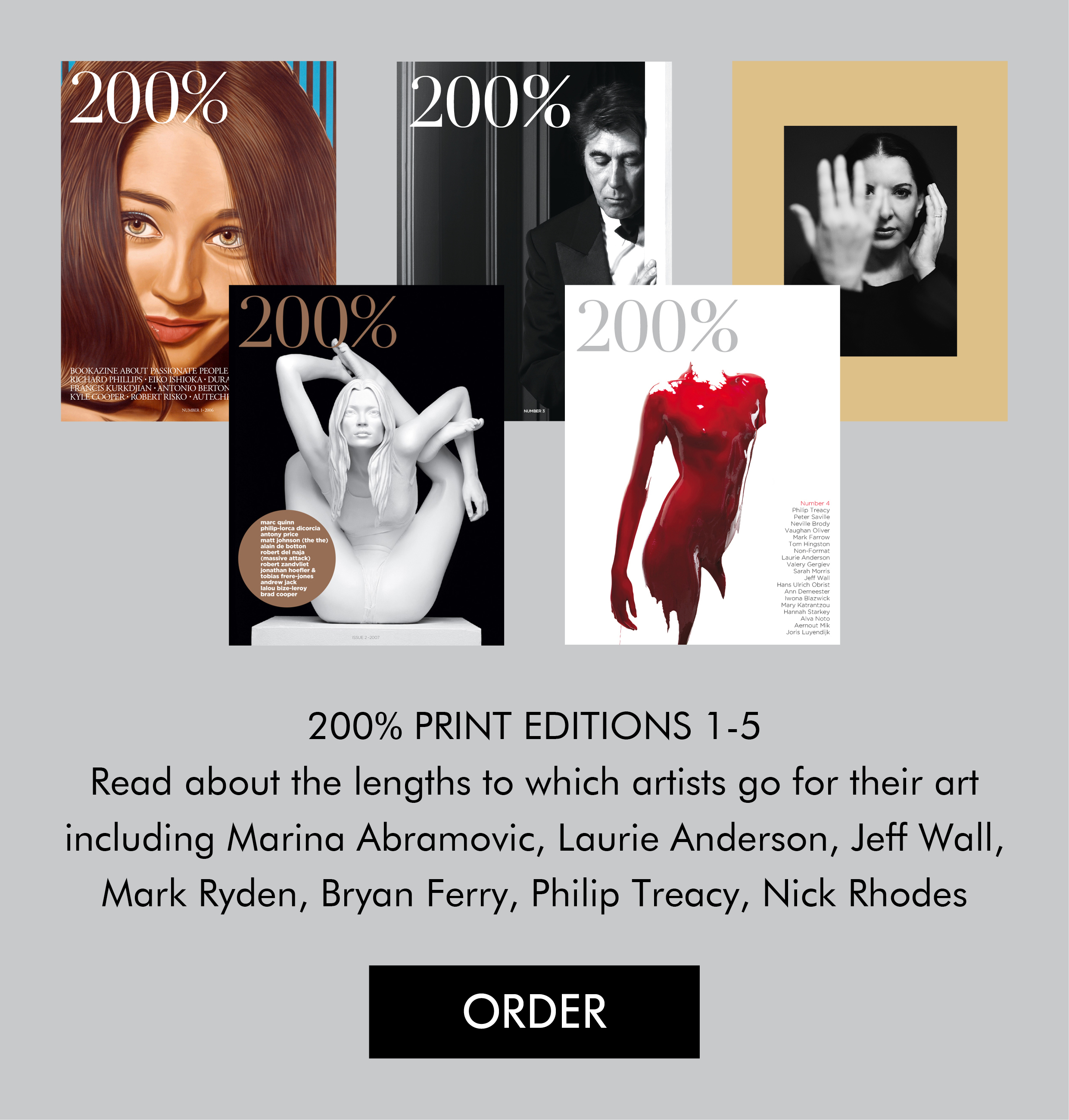
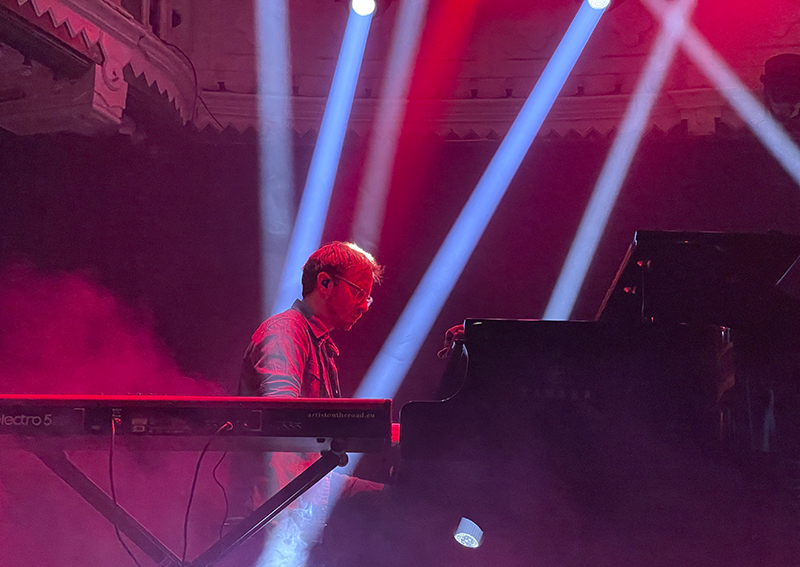
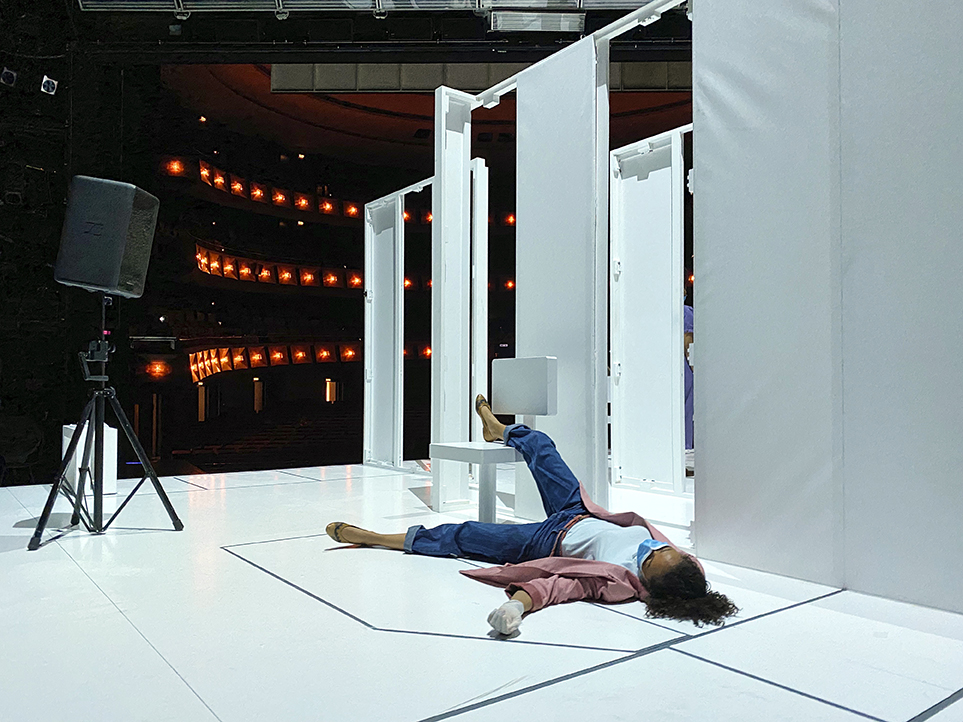
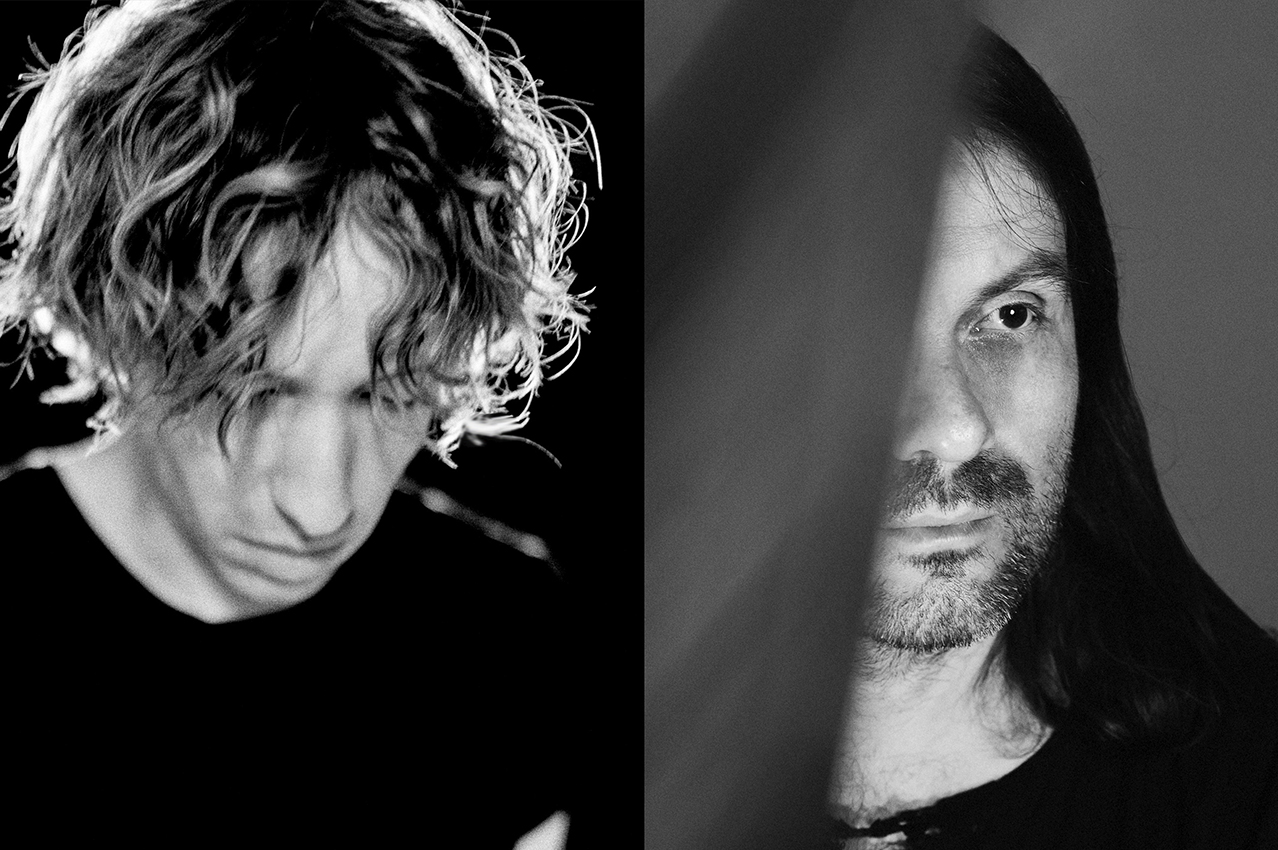
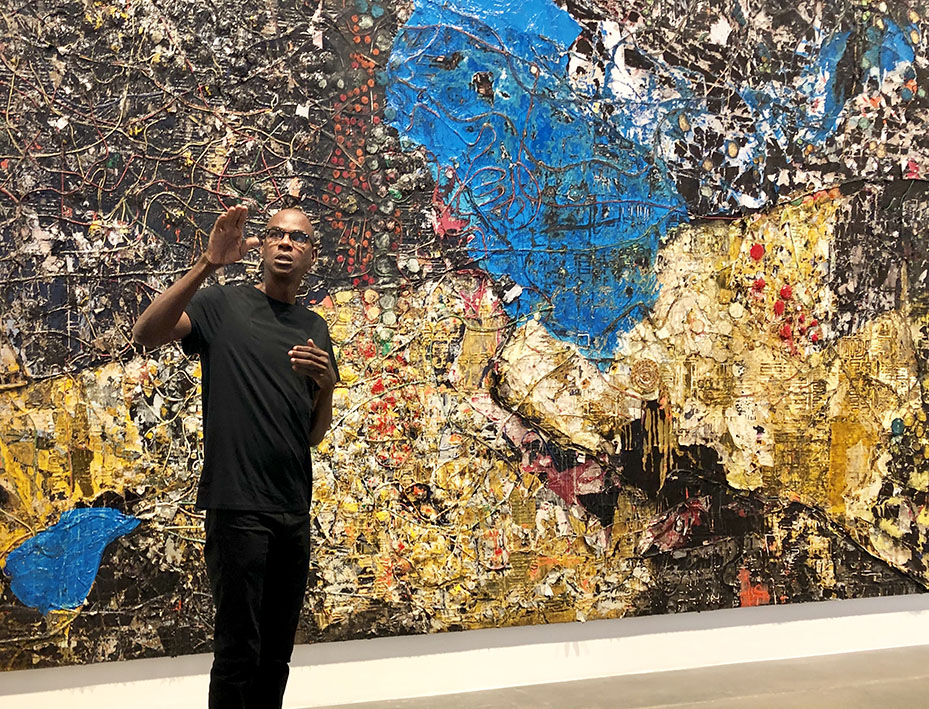
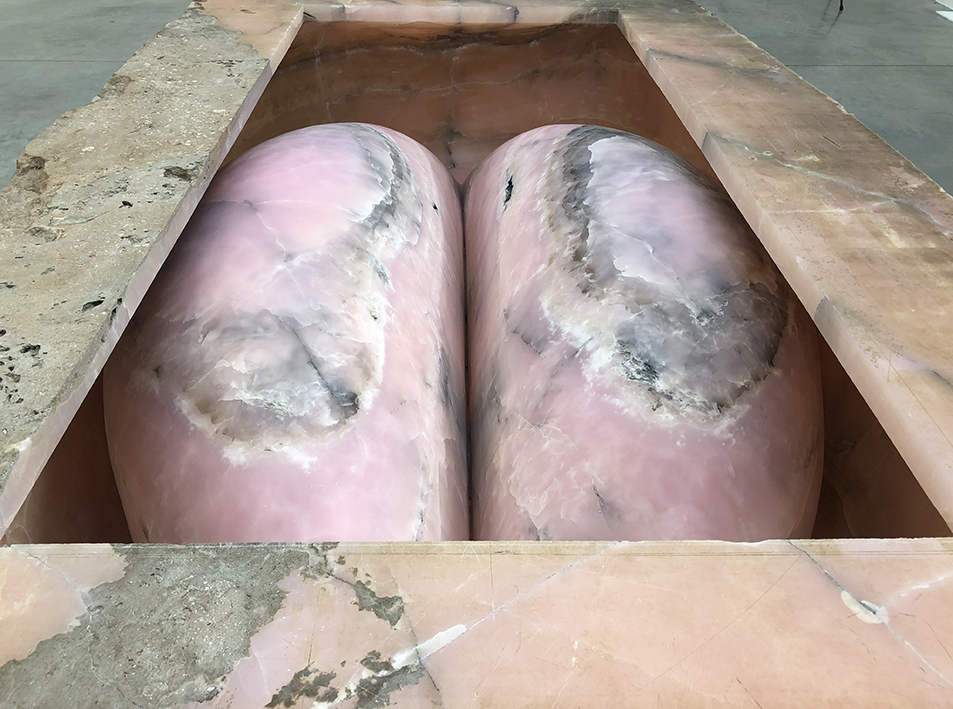
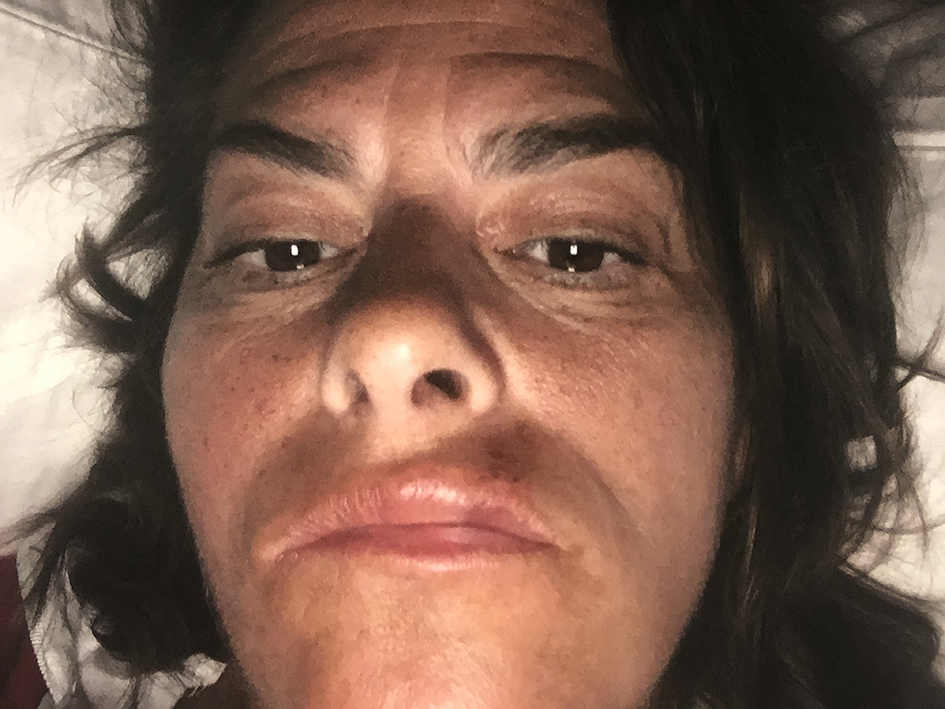

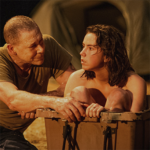

Just saw the movie. At the risk of sounding trite, I say it was awesome. In the full original intent of the word. Brings to mind Martin Scorsese’s better films. And at the risk of sounding like some sappy film-goer who requires the pacification of a happy ending, or at least a proper denouement, will there be a, sequel(ugly word, sorry), but will the saga continue?